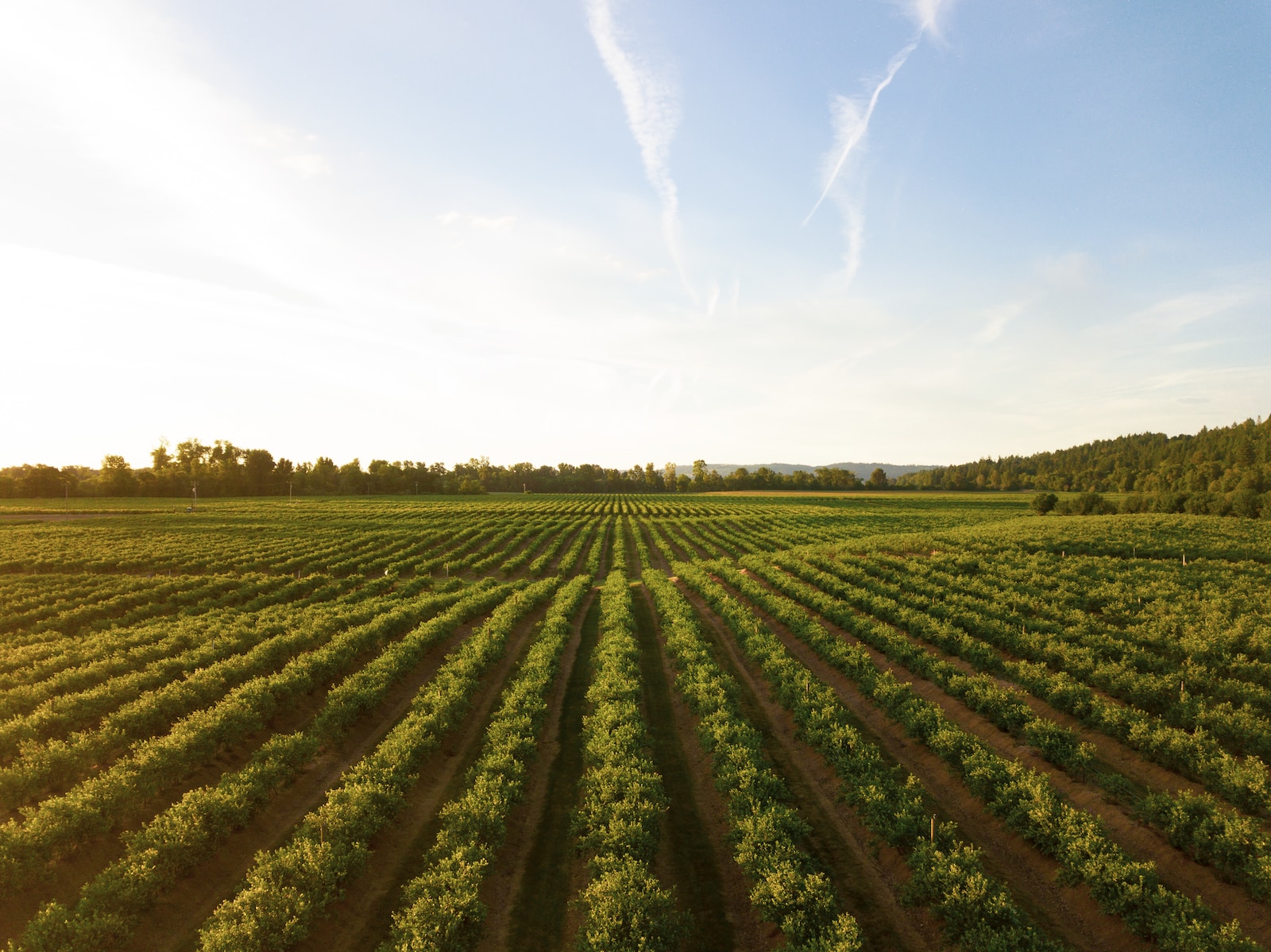
Photo by Dan Meyers on Unsplash
Monsanto Is Ordered To Pay $857 Million Over PCBs
December 20, 2023
In a recent ruling, a jury in Washington state commanded the globally recognized agrochemical firm, Bayer’s Monsanto, to pay a staggering $857 million. This substantial payout is due to claims by seven former students and parent volunteers from a school located northeast of Seattle. They asserted that they fell ill due to the leakage of Monsanto’s polychlorinated biphenyls (PCBs) from light fixtures on the school premises.
The case, held in Seattle, revolved around the use of Monsanto’s PCBs in the Sky Valley Education Center based in Monroe, Washington. The jury agreed that the company had been remiss in its duty by selling products that were unsafe and lacked necessary safety warnings. The final verdict comprised both compensatory damages, totaling $73 million, as well as punitive damages of $784 million.
The seven accusers, which included five prior students and a pair of parents who spent time at the school between seven and 18 years ago, hold that the exposure to PCBs at the school led to significant health issues, spanning neurological complications to endocrine system disorders.
Reacting to the ruling, Monsanto referred to the award as “constitutionally excessive,” and expressed its intention to try and get the verdict overturned or at least reduced. The company argues that the Supreme Court generally caps punitive damages at nine times the compensatory damages to preserve the defendants’ rights to due process.
Monsanto’s recent defeat is not an isolated event. The company already owes $870 million in verdicts from other PCB exposure cases in the same education center, Sky Valley. The company is currently appealing these previous verdicts. Despite the claimants’ allegations, Monsanto maintains that various tests, including blood and air examinations, showed that the school workers were not subjected to hazardous levels of PCBs.
PCBs, the chemical in question, were frequently used in the past for electrical equipment insulation and found in several everyday items like carbon copy paper, caulking, the finish of floors, and paints. However, in 1979, the U.S. government banned the chemicals due to their discovered links to cancer.
Numerous lawsuits have been filed against Monsanto with accusations that the exposure to PCBs at the Sky Valley Education Center caused cancer, thyroid complications, as well as other health problems. Monsanto responded by stating that it ceased PCB production in 1977 and that it had warned the school multiple times since the 1990s about the need for the light fixtures to be retrofitted — warnings that the institution allegedly ignored.
Legal cases have been filed against Pharmacia, a Monsanto spinoff, yet Monsanto is estimated to be held liable for damages in verdicts owing to an existing legal agreement between the companies about liabilities from historical chemicals production.
Recent News
Tesla’s Supercharger Shake-Up Leaves Uncertainty
Tesla’s recent layoffs have raised questions about the future of its Supercharger network. With close to 500 workers cut, including key figures, Tesla’s move signals a significant shift in its charging strategy. This decision comes amidst CEO Elon Musk’s ongoing efforts to streamline operations.
Formula One Gets Boost in Miami Merchandise Sales
J.P. Morgan Payments steps up to manage transactions for Formula One merchandise during the Miami Grand Prix, on-site and online.
Vodka Introduces New Spirit From Outer Space
In the realm of spirits, innovation is often the key to standing out amidst a sea of familiar flavors. Enter Shooting Star Vodka, a groundbreaking concoction that defies convention with its infusion of a truly extraterrestrial ingredient: a meteorite discovered in 1977. This celestial addition has transformed the humble vodka into a cosmic elixir, promising drinkers a taste experience unlike any other.
Survey Reveals Britain’s Favorite Breakfast Cereal
When it comes to breakfast cereals in Britain, one particular brand has managed to carve out a niche for itself: Crunchy Nut corn flakes. Despite its high sugar content, this classic cereal has been dubbed Britain’s favorite, a title it has held for almost 50 years. Originating from the Kellogg’s factory in Trafford Park, Manchester, in 1980, these corn flakes, enhanced with honey, molasses, and peanuts, exceeded initial sales projections by threefold within the first three months.

